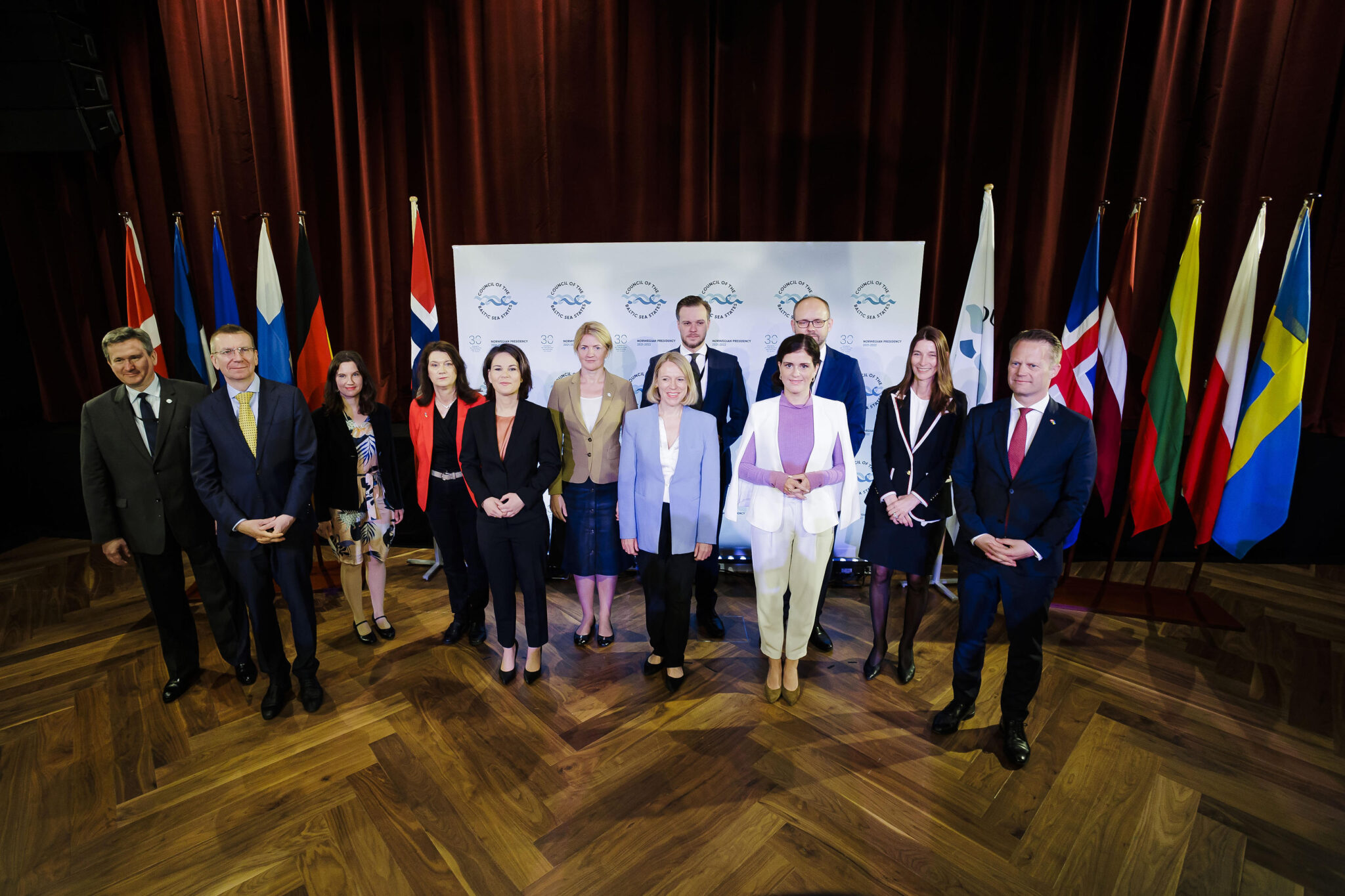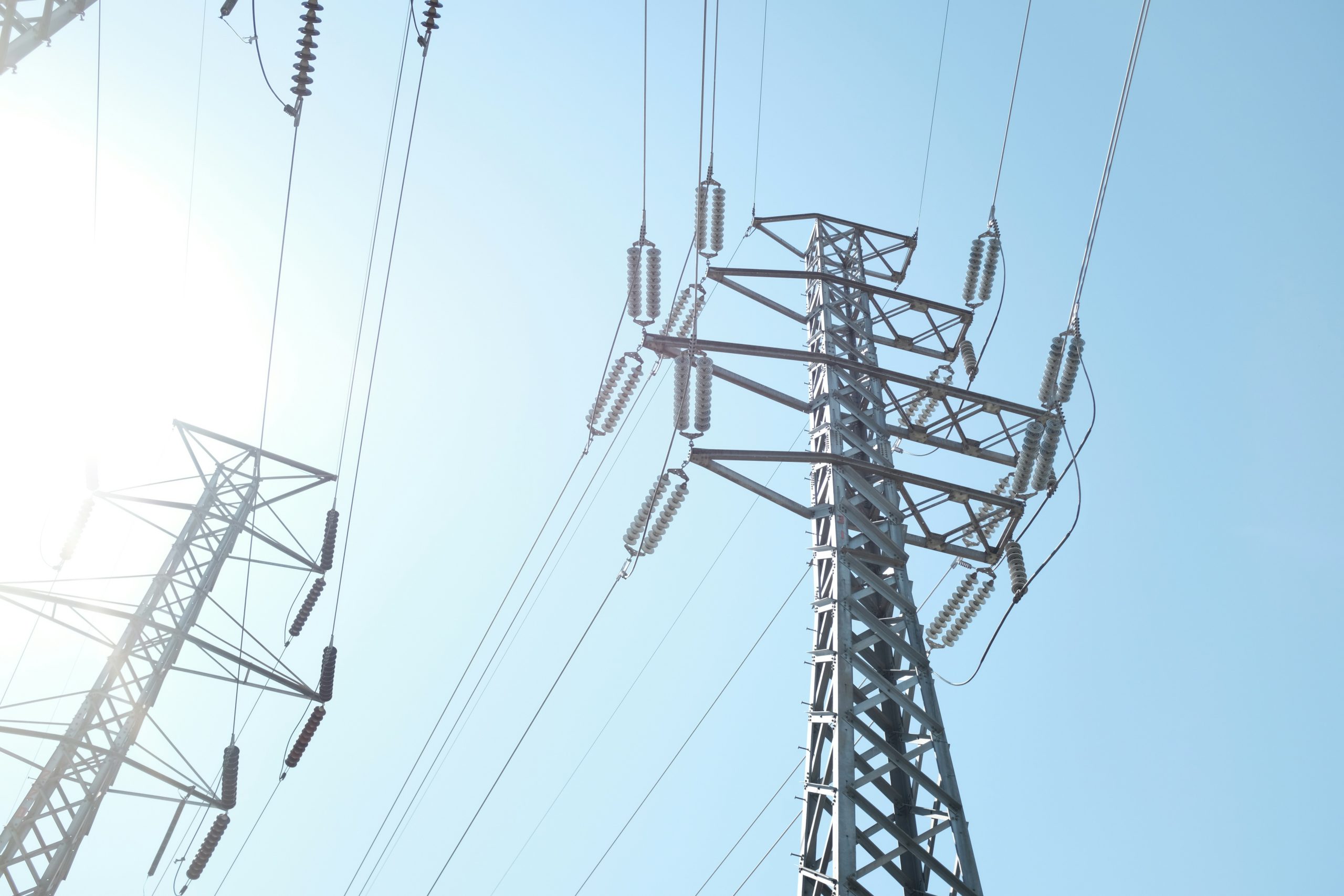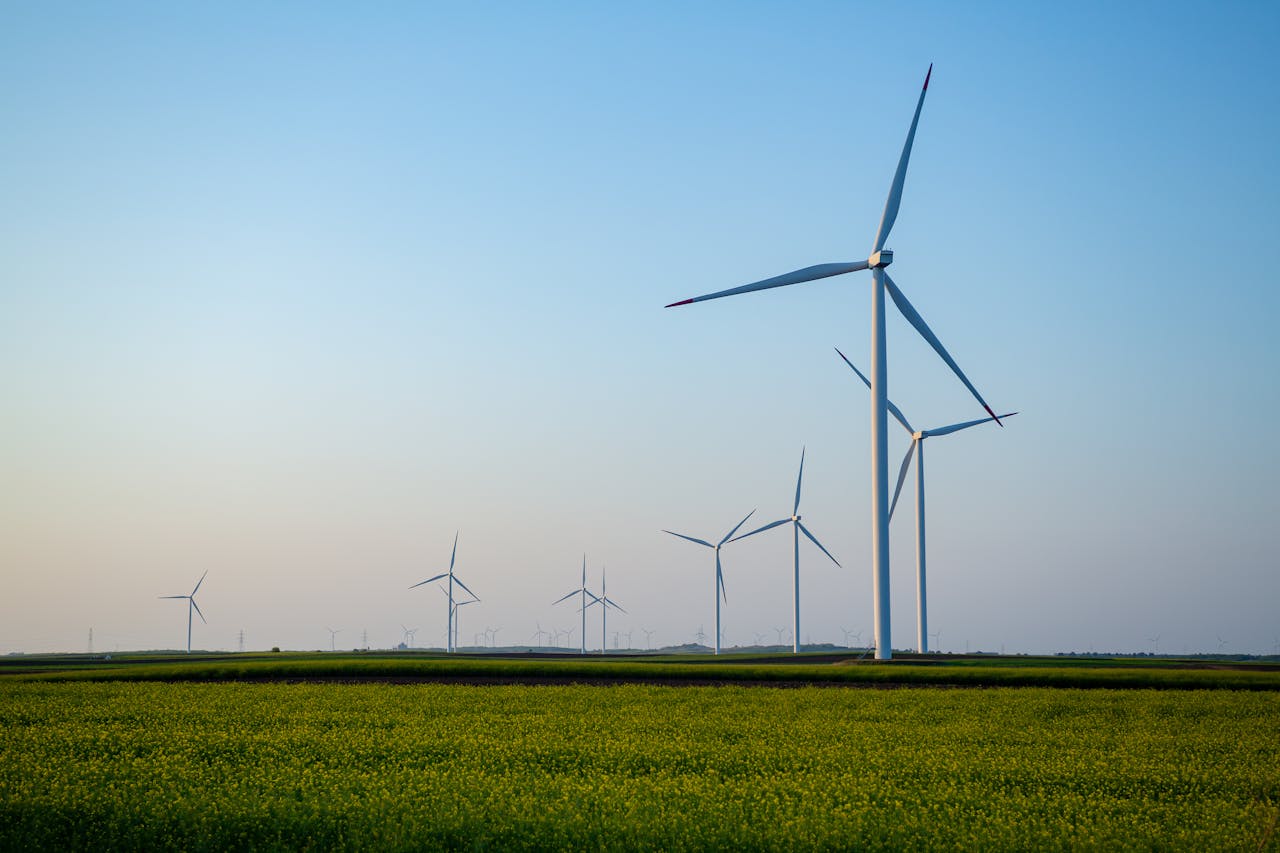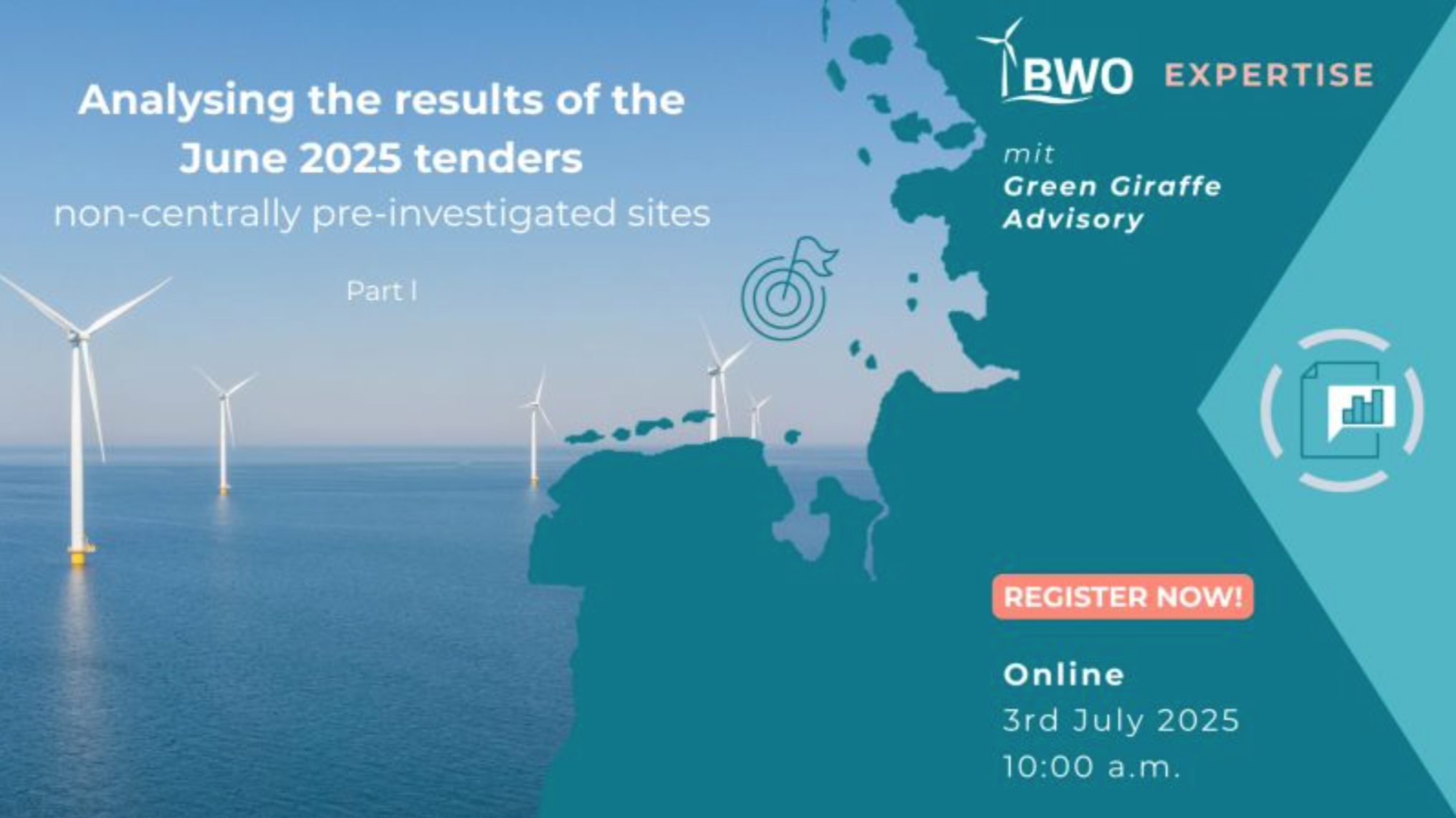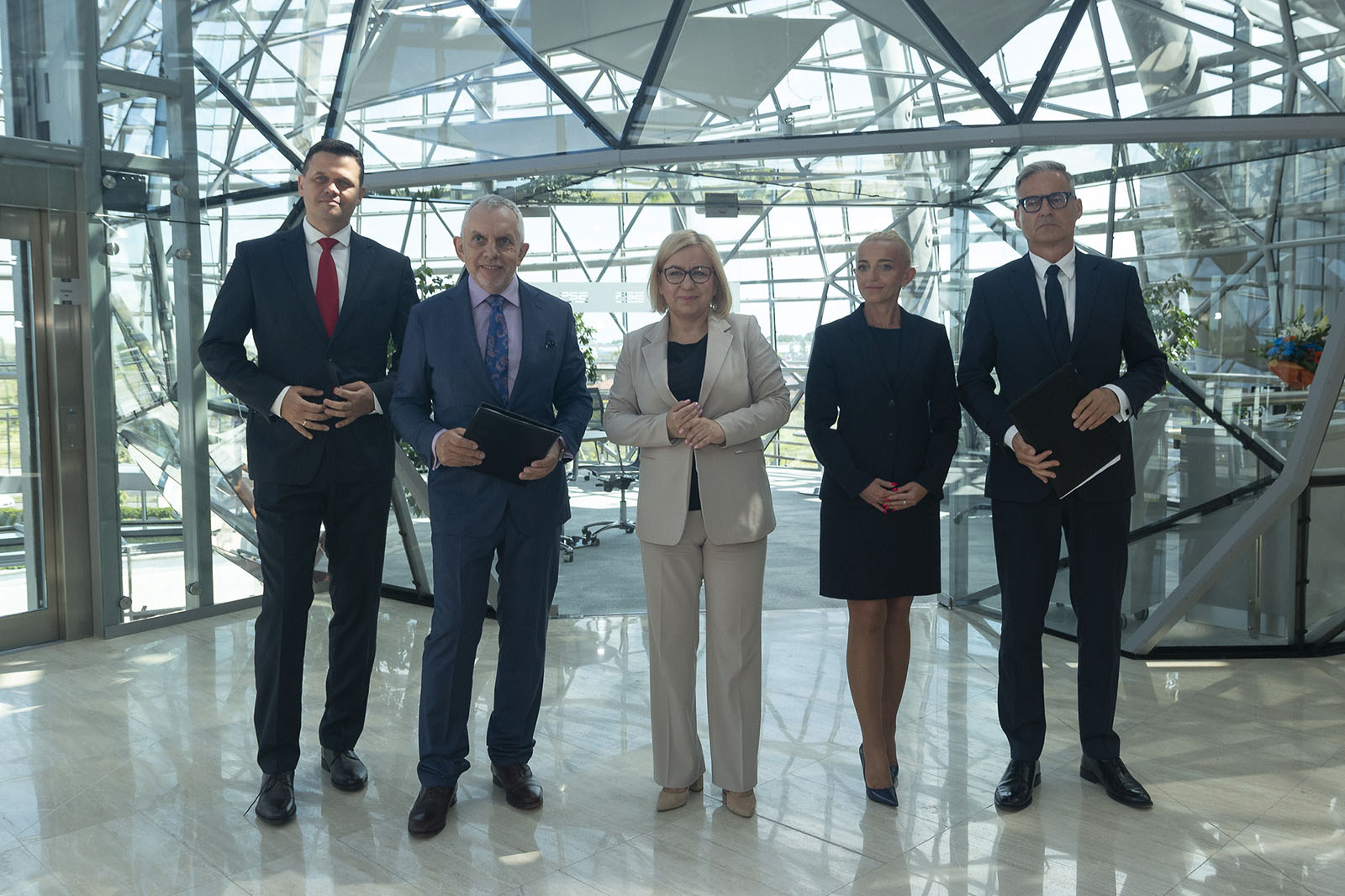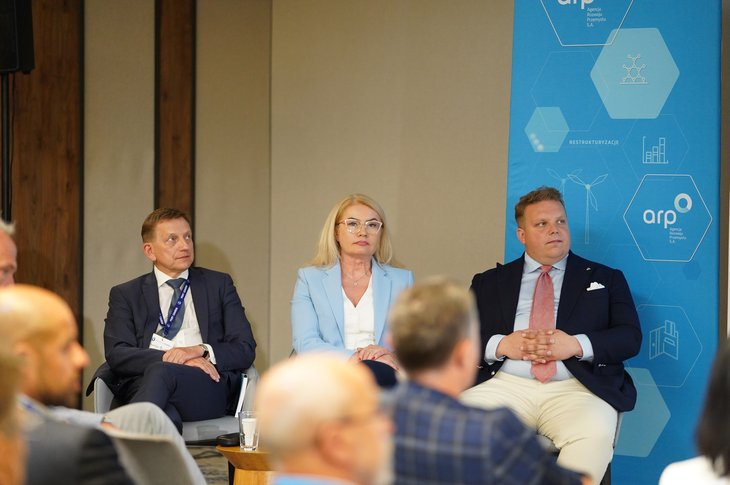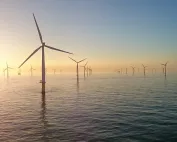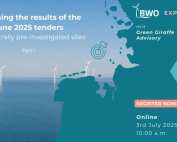Foreign ministers of the Baltic Sea states met on 25 May 2022 in Norway, for the first ministerial session of the Council of the Baltic Sea States (CBSS) in nine years. The representatives of the Baltic Sea region confirmed the Vilnius II Declaration and signed a new one – the Kristiansand Declaration. The Germans, who will take on the presidency of the CBSS in July, have announced measures for regional cooperation in the area of offshore wind energy.
This year, CBSS celebrates its 30th anniversary. Since its establishment in 1992, the council has been a bridge between EU and non-EU member states and a driving force for multilateral cooperation in the Baltic Sea region, implementing the UN sustainable development goals and supporting other activities in the region.
Representatives of the countries of the Baltic Sea region met yesterday in Kristiansand, Norway, during the 19th CBSS Ministerial Session. It was the first CBSS Ministerial Session in nine years, this time without the participation of Russia, which was suspended in March and withdrew from the organization on May 17. Norway currently holds the presidency of the CBSS. Delegates from Denmark, Estonia, Finland, Germany, Iceland, Latvia, Lithuania, Norway, Poland, Sweden and the European Union attended at their invitation.
CBSS discussed the effects of the war in Ukraine, cooperation with Ukraine as a CBSS observer state, Russia’s withdrawal from CBSS, and future regional cooperation. Also on the agenda was the need to accelerate green transformation, promote youth cooperation and ensure the safety of the region’s residents.
CBSS affirmed the validity of the Vilnius II Declaration, which was adopted on 1 June 2021. The document provides a vision for the Baltic Sea region to be achieved by 2030, focusing primarily on good governance, youth and the environment. It also addresses climate change, the green and blue economy, and civil protection, including the protection of children and other vulnerable groups. CBSS is now focused on building more resilient societies so that they are better equipped to meet today’s challenges.
Kristiansand Declaration
CBSS members signed the so-called Kristiansand Declaration. The document “expresses continued support for Ukraine and recognition of the country’s efforts to defend its independence and freedom and the shared values for which Europe stands”. The declaration also addresses issues related to climate neutrality.
“Climate neutrality by, at latest, 2050 is our common goal. We will intensify efforts to ensure a green transformation of the global economy, including accelerating the development of green energy and decarbonizing heavy industry, transportation and construction. We aim to reduce emissions from agriculture and ensure a healthy marine environment in the Baltic Sea and other ocean areas. We will strengthen cooperation on the circular economy and renewable energy, diversify our energy supply and rapidly reduce our dependence on fossil fuels”, reads the Kristiansand Declaration.
“We will strengthen cooperation to withdraw from Russian gas, oil and coal as soon as possible. The European Green Deal and RePowerEU will provide pace and direction. We will continue to cooperate closely on these and other priority issues within the European Economic Area”, the document reads.
German presidency will focus on offshore wind
As of 1 July 2022, Germany will take on the chairmanship of the CBSS. Annalena Baerbock, the Federal Minister of Foreign Affairs, stressed in a statement that the region has great potential for security and for future energy supplies.
“We want to use our presidency to vigorously pursue offshore wind cooperation. By generating electricity from wind and other renewable sources, we not only free ourselves from energy imports from Russia, but also fight global warming. Moving away from fossil energy is therefore a necessity not only for climate policy but also for security policy”, she said.
As incoming Presidency of the 'Council of the Baltic Sea States', we want to gain additional momentum on building the first common Baltic wind offshore power plant. This is not only about climate neutrality, but also an urgent question of security. @ABaerbock #CBSSministerial 3/3 pic.twitter.com/edhnE14klE
— GermanForeignOffice (@GermanyDiplo) May 25, 2022
She noted that in the Baltic Sea region, there has been a breakthrough in security policy. It was never planned for Sweden and Finland to now join NATO – but Russia has left them no other choice.
